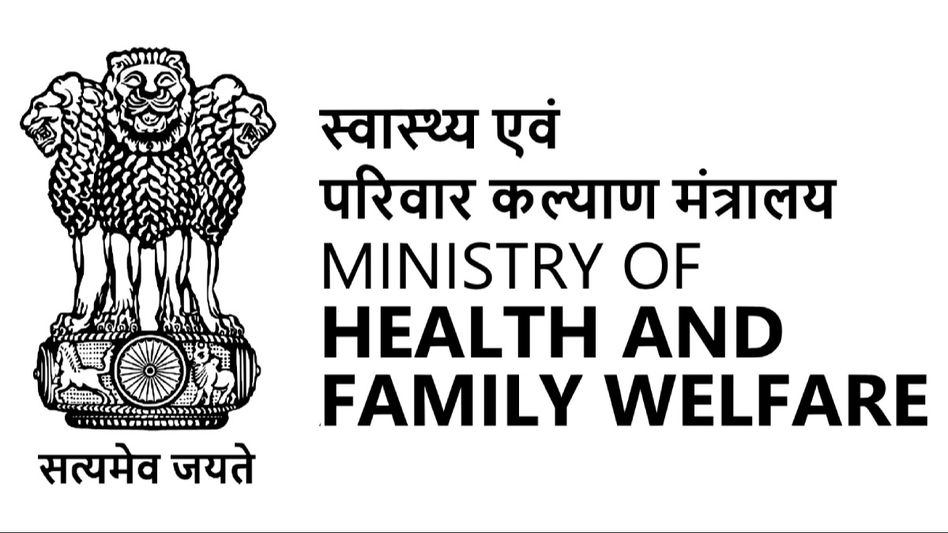Government proposes inclusion of Thalassemia testing in reproductive health programs
The Ministry of Health & Family Welfare has proposed integrating Thalassemia testing into reproductive health programs. The aim is to prevent the birth of affected children by identifying the likelihood of Thalassemia in newborns.

- MoHFW proposes Thalassemia testing in reproductive health programs
- Testing aims to prevent the birth of affected children
- Proposal follows the introduction of Thalassemia testing in some states this year
Secretary of the Ministry of Health & Family Welfare (MoHFW), Apurva Chandra, emphasized the importance of prevention strategies to address the challenges posed by Thalassaemia, a genetic blood disorder characterized by reduced hemoglobin production, leading to anemia and other complications.
Chandra highlighted that there are over 1 lakh children in India living with Thalassaemia, and the process of transfusion for these individuals is arduous. Therefore, prevention emerges as the most effective approach.
Chandra proposed integrating Thalassemia testing into existing programs like the National Health Mission (NHM) and Reproductive Child Health (RCH) initiative. Under RCH, which monitors nearly 3 crore women annually during childbirth, Chandra suggested including blood tests to determine the likelihood of Thalassemia in newborns. This proactive measure aims to prevent the birth of children with Thalassaemia, thus reducing the burden of the disease on families and healthcare systems.
Speaking on the challenges of treating Thalassaemia, Chandra mentioned that bone marrow transplants and transfusions are intricate processes with significant difficulties. However, some states have already begun testing for Thalassaemia alongside Sickle Cell disease this year, based on requests and initiatives from state authorities. The proposal seeks to expand this testing to more states and potentially make it a mandatory component of the RCH program.
Copyright©2024 Living Media India Limited. For reprint rights: Syndications Today









